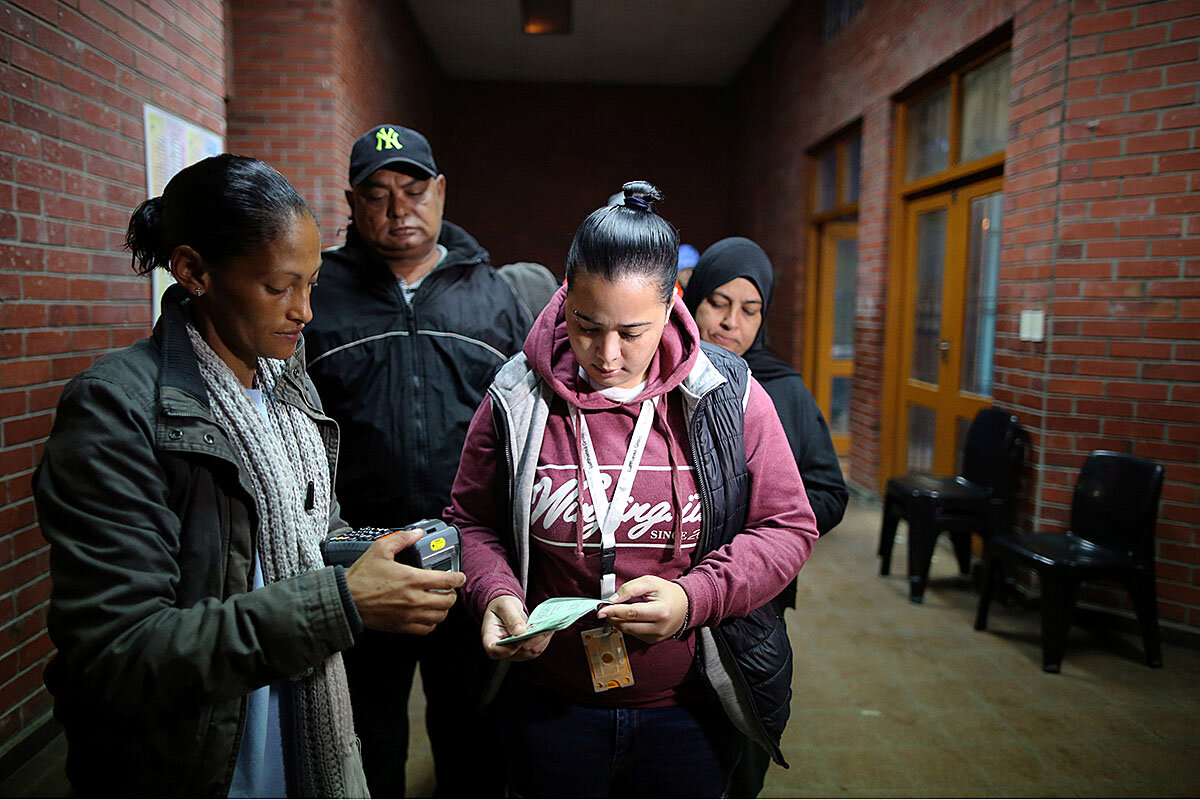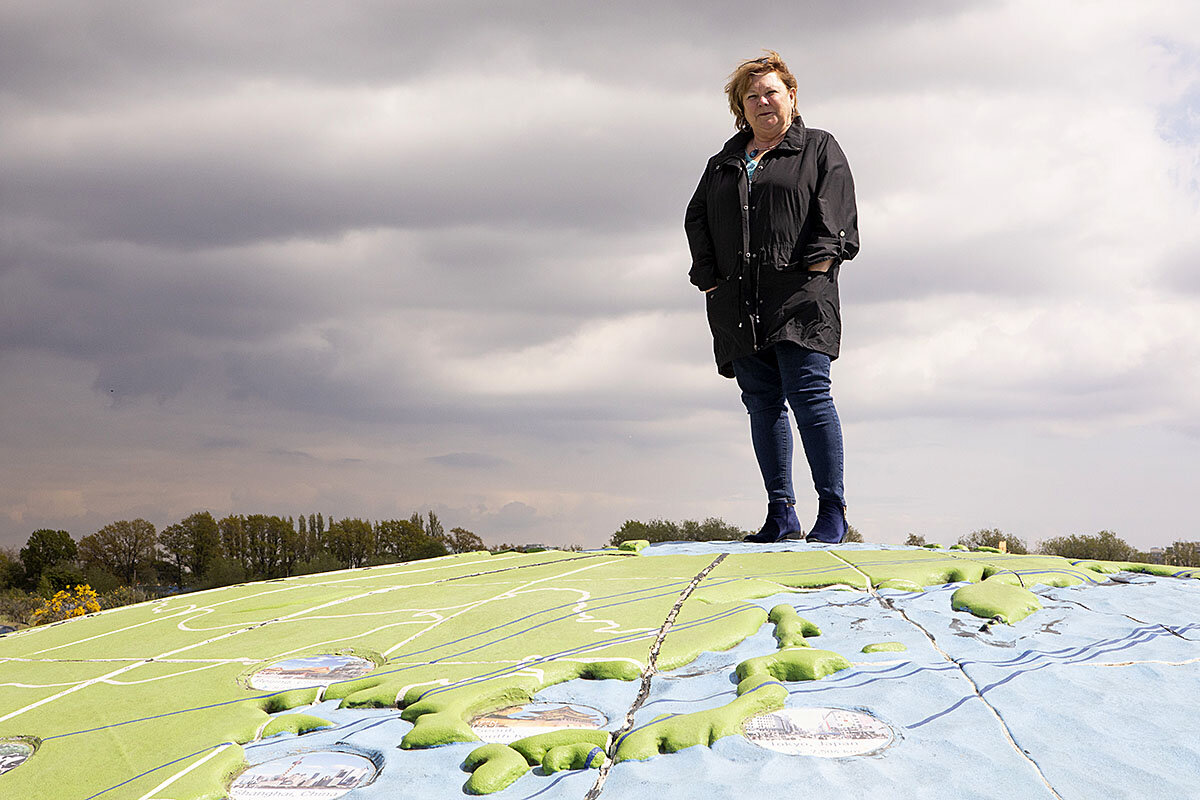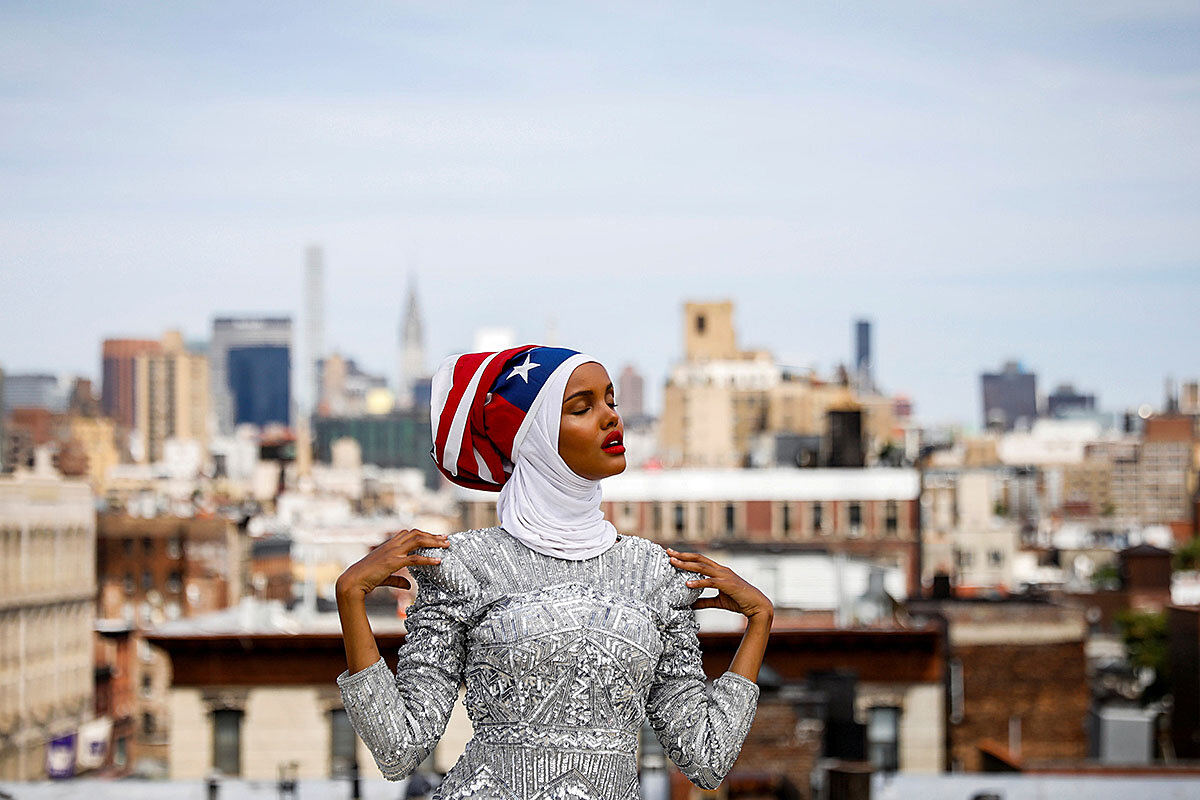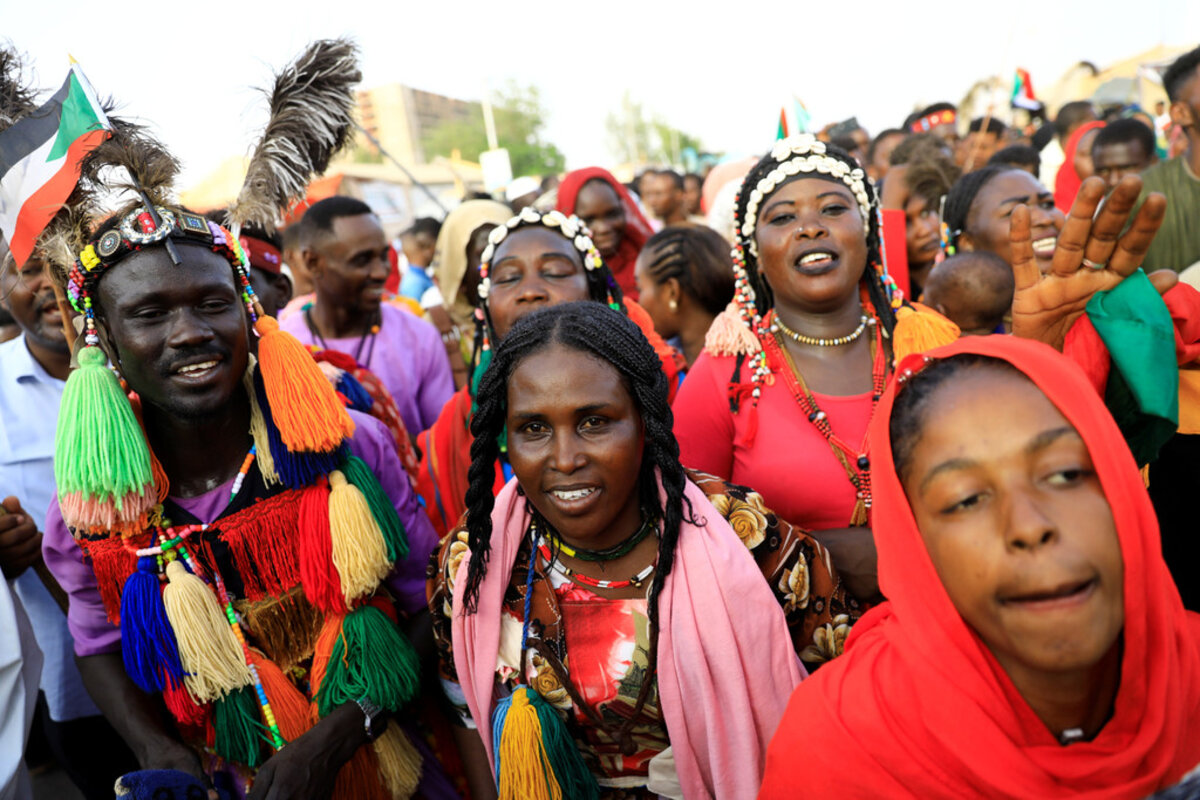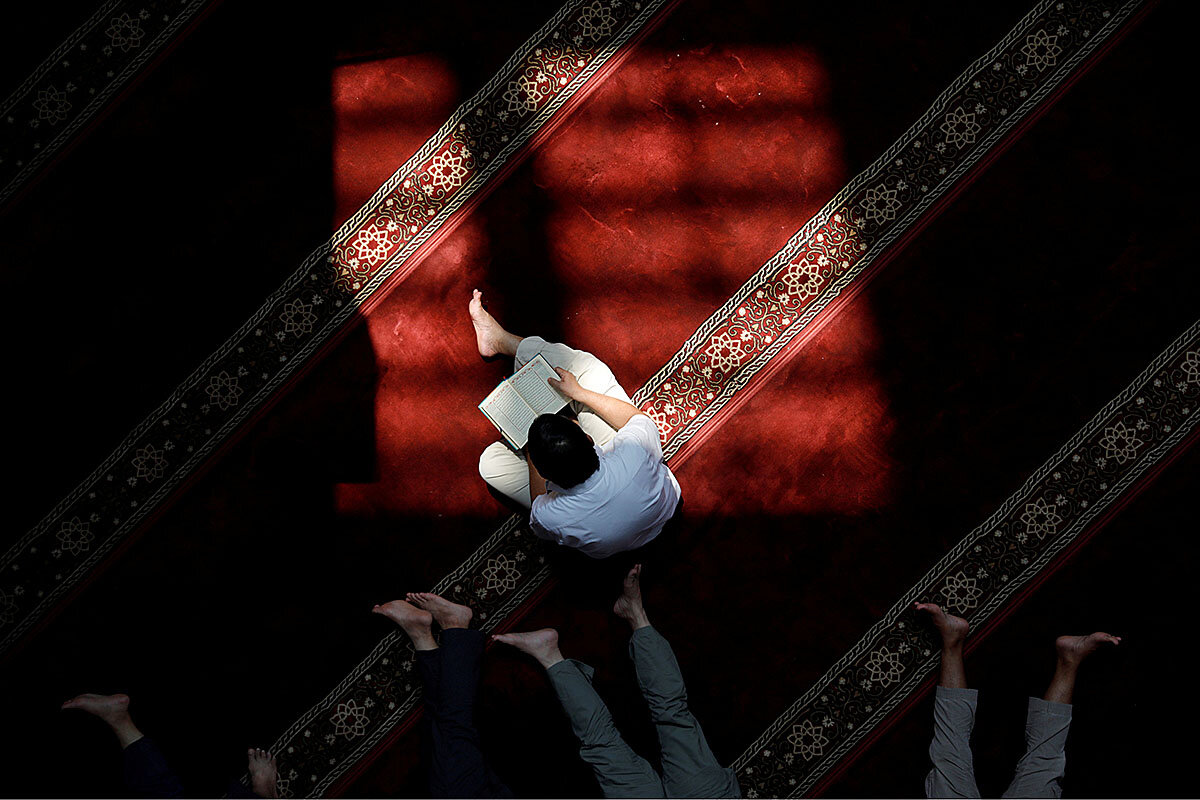The U.S. House of Representatives is moving toward holding the attorney general in contempt over refusal to release a sensitive document. Seven years ago, the same thing happened. Looking back offers a different – and deeper – look at today’s news.
Monitor Daily Podcast
- Follow us:
- Apple Podcasts
- Spotify
- RSS Feed
- Download
 Mark Sappenfield
Mark Sappenfield
For the first time in history, there are more people over age 65 than under age 5. For economists, this presents a problem. As a population ages, growth generally slows. So, as people live longer, are we facing chronically lower growth?
In examining this question, the Economist magazine comes to an interesting conclusion: Age matters far less than flexibility and liveliness of thought. In other words, being old is not a significant economic impediment. “Thinking old” is. “If older societies grow more slowly, that may be because they prefer familiarity to dynamism,” the Economist writes.
Older thinking might be less committed to new technologies or longer-term decisions that return benefits after careers are over. “At least anecdotally, greying industries do seem more averse to change,” the Economist adds.
But must it be that way? Maybe not. Scientists also chronicle something they call the “paradox of aging.” Basically, as many people get older, they get happier, choosing to dwell on things that are more meaningful and enriching. Take Tao Porchon Lynch, who at 99 still was teaching yoga, still was driving, and still employed two assistants, according to a profile in Big Think. “I never thought about age,” she says.
What is really happening, perhaps, is a redefinition of aging. How we think about aging can influence how we age, the Big Think article argues, citing studies. Says one Florida State University gerontologist: “Fighting those negative attitudes, challenging yourself, keeping an open mind, being engaged socially can absolutely have a positive impact.”
Now here are our five stories today. They look at the deficit of hope in South African elections, questions of fairness in North American citizenship debates, and one Monitor reporter’s unique insight into China’s darkest corner.





